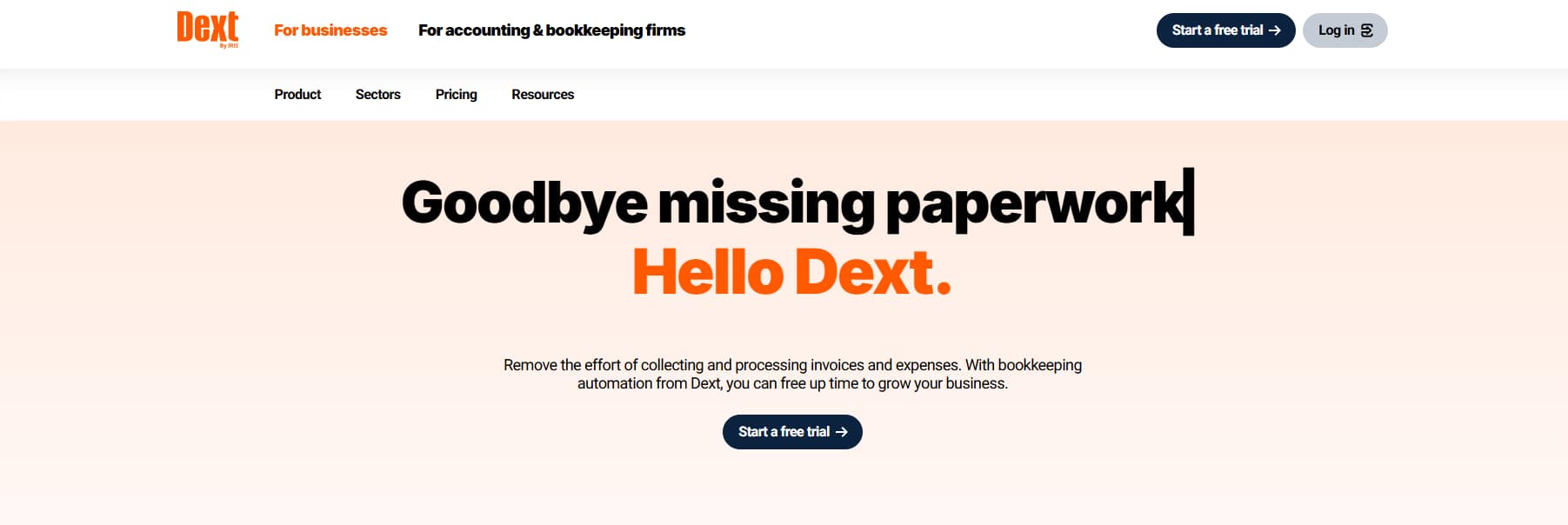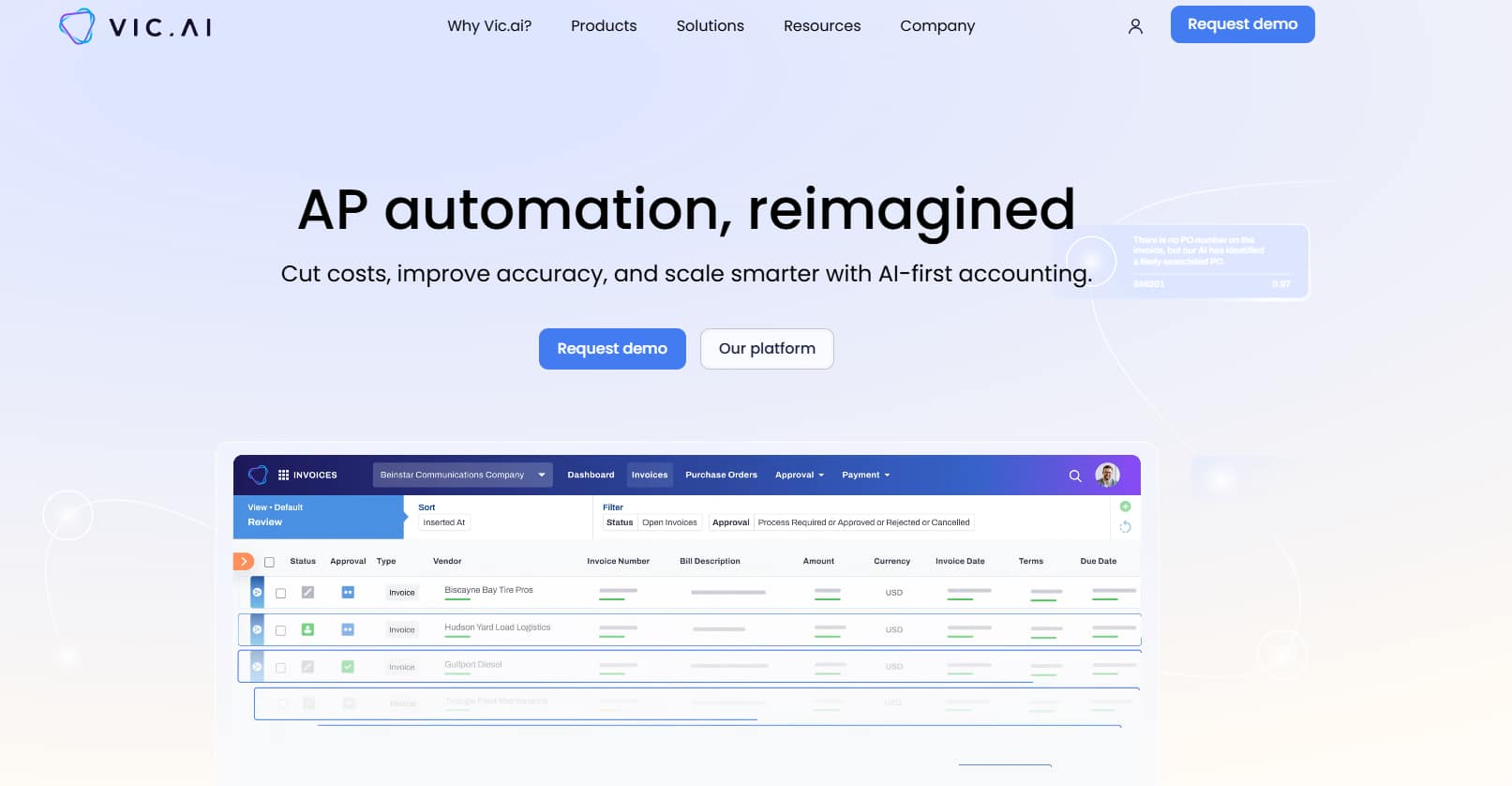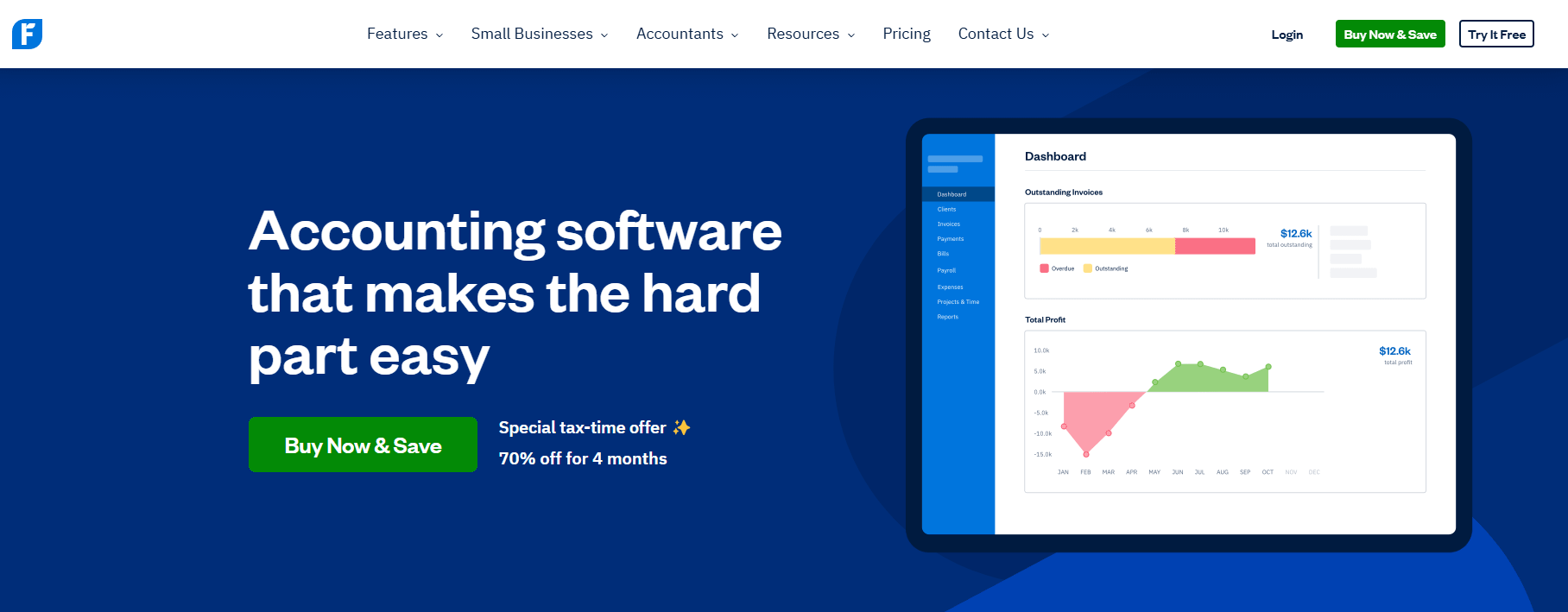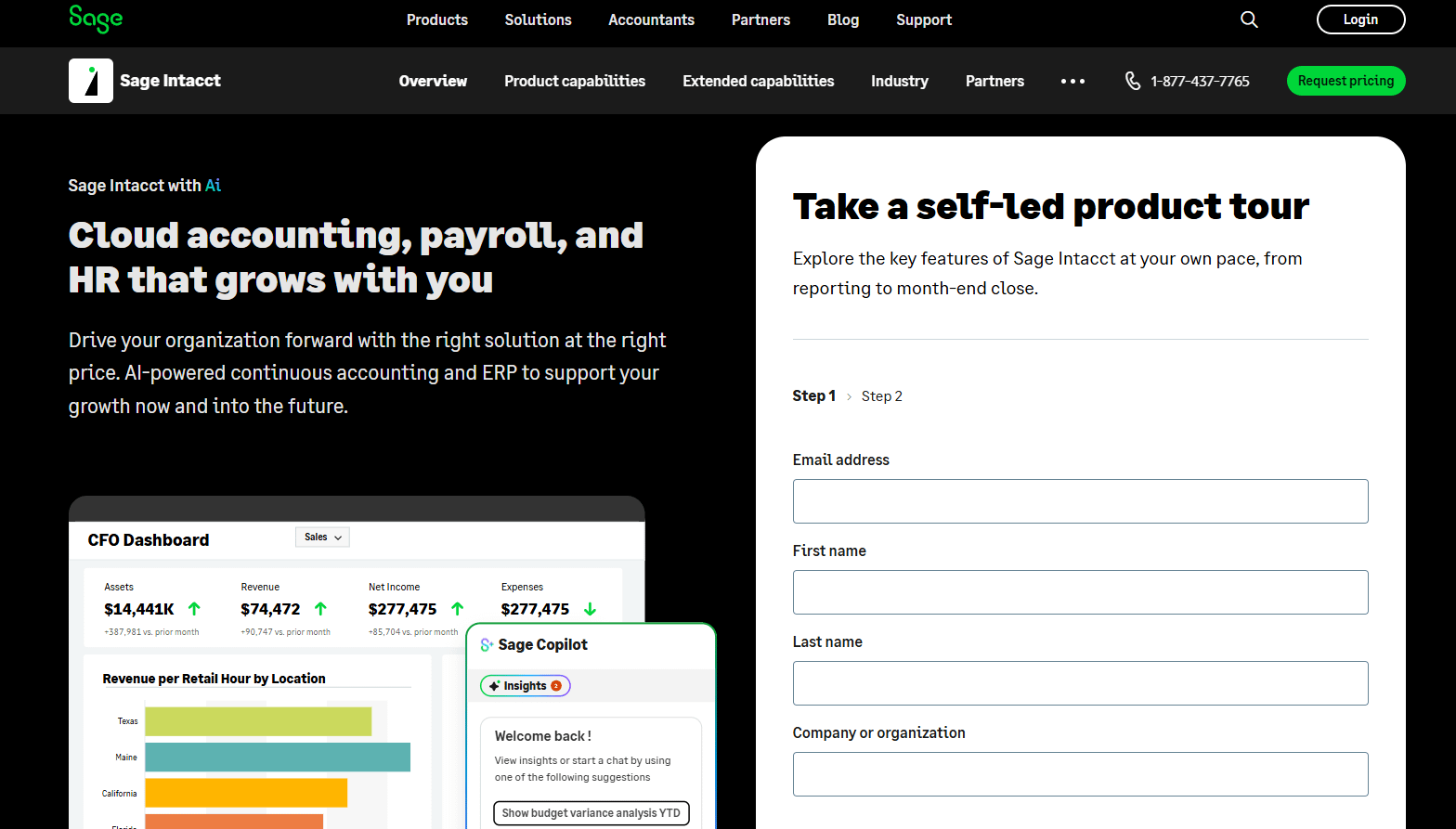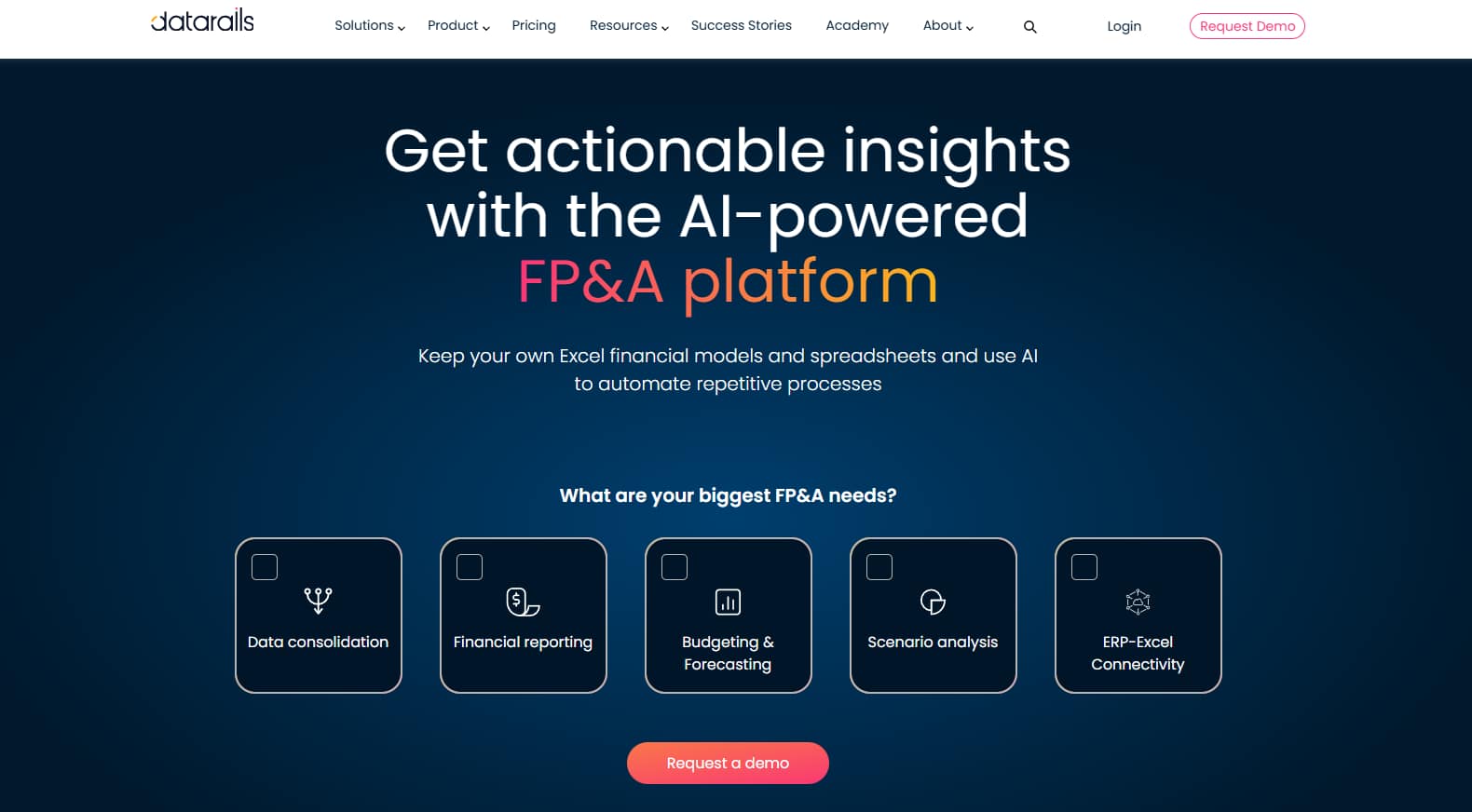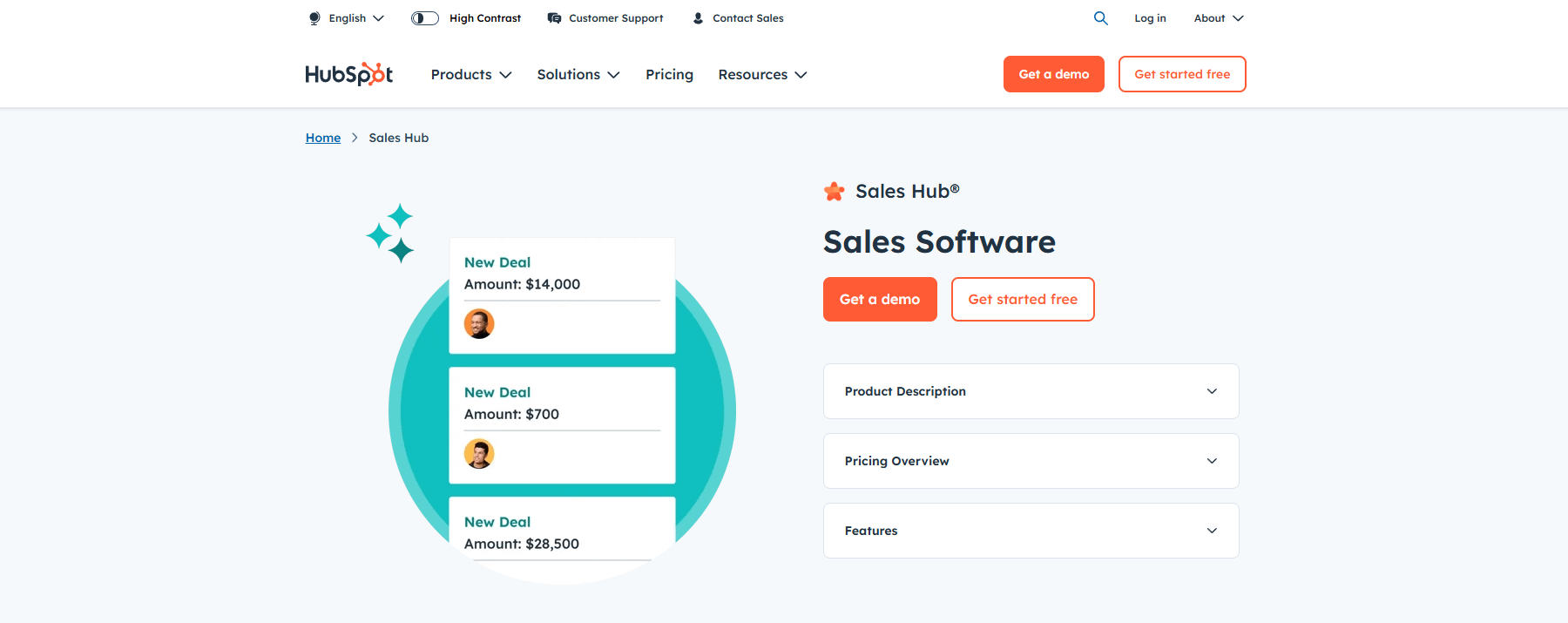An account management app in accounting is a digital solution that helps you manage financial accounts, client books, expense transactions, and reporting—all in one place. These tools go beyond CRM software by focusing on financial accounts rather than customer relationships.
The goal is to help you seamlessly handle transactions, automate recurring accounting tasks, and maintain accurate records without flipping between spreadsheets or relying on a physical pocket diary.
MORE: AI Billing
With the growing adoption of accounting and automation technologies, firms are now turning to smarter tools powered by AI.
Features like transaction categorization, anomaly detection, and real-time reconciliation help streamline workflows and reduce the time spent on manual data entry. Accounting AI is no longer futuristic — it’s here, and it’s saving hours each week for busy firms.
In this article, you’ll find the top AI-powered account management software tools that are transforming how accounting firms operate. Whether you’re a solo accountant or managing a multi-client practice, there’s an account management app built for your workflow.
What Is an Account Management App in Accounting?
An account management app for accounting isn’t about managing clients; it’s about managing financial accounts. These apps help you organize accounts, automate accounting tasks, and monitor all your financial transactions across multiple clients or entities. Think of them as digital hubs that combine transaction management, financial tracking, and reporting into one platform.
The core purpose of this software is to make daily accounting operations faster and more reliable. You can:
Track debit transactions and income in real time
Manage multiple accounts and clients under one dashboard
Generate PDF reports for monthly or quarterly reviews
Categorize expense records and match them to uploaded receipts
Reconcile accounts automatically with synced bank feeds
AI is changing how these apps work. Features like AI invoice processing, smart transaction data classification, and predictive cash flow insights are now common. Tools powered by generative artificial intelligence in finance help you spot anomalies, detect duplicate entries, and prepare for audits — without spending hours going through spreadsheets.
What’s the Difference From CRM Solutions?
Unlike customer relationship management (CRM) software, where “accounts” refer to customer profiles, these apps focus on accounting tasks—reconciling financial data, automating entries, and keeping up-to-date records. You won’t be setting up lead capture tools or managing a sales funnel here. Instead, you’re handling the day-to-day financial activities related to your clients’ books.
A good account management app also supports multiple currency support, protects sensitive financial information, and comes with password protection features to keep your financial data remains safe—especially useful when working with international clients or during tax season.
When powered by AI, these tools become more than just digital ledgers. They become intelligent assistants that help efficiently manage complex workflows and reduce errors. The result? Smoother month-ends, faster closeouts, and fewer late nights.
Top 10 Account Management Tools for Accountants
If you’re looking for the best account management app to help you efficiently manage client books, automate transaction details, and simplify reconciliation, here are ten AI-enhanced options designed for accountants and firms of all sizes.
1. QuickBooks Online Advanced
QuickBooks Online Advanced is a high-tier version of Intuit’s accounting platform, designed for firms managing multiple clients and large transaction volumes. It blends classic accounting features with AI-driven tools that reduce manual work and improve financial accuracy.
Key Features:
AI-powered cash flow forecasting based on historical transaction data
Smart transaction categorization suggestions using machine learning
Batch invoicing for clients with recurring billing
Multi-client dashboard with customizable views
Automated bank reconciliations with suggested matches
Real-time KPI dashboards for financial tracking
Built-in time tracking and project management tools
Support for multiple currency transactions
Role-based access and password protection for sensitive financial information
Audit logs and compliance tools for secure account management
Easy-to-generate PDF reports for P&L, balance sheet, and cash flow
Pros:
Excellent for firms managing complex, multi-client portfolios
AI tools reduce data entry and improve forecasting accuracy
Integrates well with payroll, tax, and ERP platforms
Cons:
High pricing compared to entry-level plans
Some AI tools only available in the top-tier plan
No native offline access
Best For: Growing accounting firms with diverse client needs
Pricing: Ranges between $35 to $235 per month
2. Xero With Hubdoc Integration
Xero, combined with Hubdoc, offers a smart accounting setup for firms handling large volumes of receipts and bills. Hubdoc brings AI-driven document automation, while Xero handles the core accounting functions.
Key Features:
AI-based OCR scanning from Hubdoc for receipts, bills, and statements
Auto-categorization of expense transactions based on vendor history
Automated bank feed sync and reconciliation
Attach receipts directly to transactions for audit trails
Recurring billing and repeating transactions
Multiple currency support and tax configuration options
Custom roles, audit logs, and password-protected document storage
Easy to restore transaction details if incorrectly matched
Built-in compliance tools and reconciliation alerts
Offline document capture via mobile app
Pros:
Strong document automation reduces time spent on manual entry
Useful for firms managing high-volume expense records
Seamless integration with other accounting platforms
Cons:
Most AI features live in Hubdoc, not native to Xero
Setup requires time to build vendor rules and workflows
Add-ons can increase monthly costs
Best For: Small firms with receipt-heavy clients and frequent documentation needs
Pricing: Ranges from $29 to $69 per month
3. Zoho Books
Zoho Books is an affordable, cloud-based account management app designed for small and midsize firms. It offers built-in automation, tax handling, and smart categorization, making it a great choice for firms handling recurring billing and diverse financial tasks.
Key Features:
AI-suggested transaction categorization based on past behavior
Recurring invoices and automated payment reminders
Smart bank reconciliation with match suggestions
Built-in income and expense tracking tools
Multi-client dashboard with role-based permissions
Integrated time tracking and project billing
Audit trails and tax compliance workflows
Client portal for document sharing and approvals
Generate PDF reports for cash flow, P&L, and balance sheets
Password protection and backup reminder options
Offline functionality for access during connectivity issues
Multiple currency support with localized tax rules
Pros:
Strong value for the price, ideal for growing firms
Automation features reduce manual data entry
Integrates with Zoho’s broader suite of business apps
Cons:
Limited forecasting and advanced analytics
AI tools are helpful but basic compared to premium platforms
Some workflows require manual customization upfront
Best For: Firms serving small businesses or startups
Pricing: Paid plans range between $20 and $275 per month
4. Dext
Dext (formerly Receipt Bank) is a document automation tool built to simplify transaction entry for accountants. It extracts data from receipts and invoices using AI, helping firms process expenses quickly and accurately.
Key Features:
AI-based data extraction from scanned receipts, bills, and statements
Smart matching of documents to financial transactions
Custom rule creation for categorization and tax codes
Seamless sync with QuickBooks, Xero, Sage, and other platforms
Real-time updates and duplicate entry detection
Multi-client account switching for high-volume workflows
Secure storage with password protection
Generate PDF reports for expense summaries and audit documentation
Offline upload via mobile app during travel or outages
Restore or delete transaction details easily
Recurring expense tracking for subscriptions and fixed costs
Pros:
Saves hours on manual expense entry
Excellent add-on for firms managing large volumes of receipts
Improves accuracy and audit readiness
Cons:
Not a full accounting platform—needs to be paired with bookkeeping software
Limited forecasting or analytics features
Best used as a supporting tool, not a standalone solution
Best For: Firms handling clients with high volumes of expenses and receipts
Pricing: Ranges between $30 to $442.50 per month, depending on the number of users and documents
5. Vic.ai
Vic.ai is an AI-first account management app focused on automating accounts payable processes. It’s built for mid-sized and large accounting firms that want to reduce manual invoice handling and improve approval workflows.
Key Features:
Advanced AI for automated invoice coding and approval routing
Real-time anomaly detection to flag unusual transactions
AI-based audit trail creation for compliance tracking
Smart approval workflows with automatic escalations
Seamless integration with ERPs and accounting software
Document storage with version control and password protection
Role-based access for managing sensitive financial information
Generate PDF reports for AP summaries and audit logs
Support for multiple entities and currencies
Accurate categorization of expense transactions based on behavior
Restore or delete transaction details without manual re-entry
Pros:
Highly specialized AI built for accounts payable automation
Reduces manual data entry and speeds up approval cycles
Scales well for firms managing high invoice volumes
Cons:
Focused mainly on AP—not an all-in-one accounting solution
Requires integration with existing tools for full visibility
Pricing is enterprise-level and not publicly listed
Best For: Mid-size to enterprise firms focused on streamlining AP workflows
Pricing: Not publicly available
6. Botkeeper
Botkeeper is a hybrid solution combining AI-driven automation with human bookkeeping support. It’s ideal for accounting firms looking to scale services without hiring additional staff.
Key Features:
AI-assisted transaction categorization and reconciliation
Automated daily bookkeeping with real-time dashboards
Human review layer for exception handling and quality checks
Built-in support for multiple clients and industries
Audit-ready financial reporting and PDF report generation
Password-protected access and data encryption
Integration with QuickBooks, Xero, and other major platforms
Role-based permissions and account switching
Offline functionality for uploading receipts or transaction data
Backup reminders and secure storage for sensitive financial information
Smart alerts for missing documents or data inconsistencies
Pros:
Scalable option for firms growing their client base
Combines automation with human oversight for higher accuracy
Frees up time spent on low-value bookkeeping tasks
Cons:
Pricing can get high depending on the number of clients
Some learning curve with custom setup and workflows
Not ideal for firms that prefer full internal control over bookkeeping
Best For: Accounting firms looking to scale without expanding internal headcount
Pricing: $69 per license per month
7. FreshBooks With AI Automation
FreshBooks is widely known among freelancers and small business owners, but its AI-powered automation features also make it a practical account management app for solo accountants or small firms. It simplifies recurring billing, time tracking, and expense organization—all with helpful automation that cuts down manual entry.
Key Features:
AI-suggested categorization for income and expense tracking
Recurring invoices with automated reminders and late fee triggers
Smart time tracking linked to project billing
Easy expense tracking with receipt upload and AI-driven entry
Generate PDF reports for tax summaries, profit/loss, and client billing
Role-based permissions for collaboration with contractors or staff
Secure cloud storage with password protection
Offline access for entering or reviewing transactions
Restore or delete transaction details with minimal clicks
Mobile app for on-the-go entry and client updates
Supports multiple currency billing and tax configurations
Visual dashboard with real-time financial tracking insights
Pros:
Extremely user-friendly for solo accountants and smaller firms
Automates many routine tasks like invoicing and time logs
Mobile-friendly and accessible anywhere
Cons:
Limited scalability for firms with complex, multi-client needs
Fewer integrations compared to enterprise tools
Lacks deeper forecasting or advanced audit features
Best For: Freelancers and solo accountants serving small business clients
Pricing: Ranges between $21 and $65 per month
8. Sage Intacct
Sage Intacct is a cloud-native, enterprise-grade account management software built for firms managing large, complex financial environments. It’s known for powerful general ledger capabilities and strong automation in compliance, reporting, and audit processes.
Key Features:
AI-driven audit trails for complete financial transparency
Multi-entity, multi-currency support with intercompany eliminations
Role-based dashboards and reporting for different departments or clients
Auto-generated reports for P&L, cash flow, balance sheet, and forecasts
Approval workflows for purchase orders and journal entries
Advanced budgeting tools with predictive modeling
Automated bank reconciliations and smart matching of entries
Secure document management with password protection
Supports seamless ERP integrations for financial data consolidation
Backup reminder settings and data retention tools
Tracks and manages debit transactions and account performance
High-level controls to maintain accurate records and compliance
Pros:
Highly customizable for large or growing firms
Powerful AI tools for audit, compliance, and reporting
Designed for firms managing diverse financial needs
Cons:
Steep learning curve and setup complexity
Overkill for smaller firms or solo practitioners
Pricing available only through sales
Best For: Large accounting firms handling complex or high-volume financial operations
Pricing: Not publicly available
9. Datarails
Datarails is a financial planning and analysis (FP&A) platform designed for accountants who provide budgeting, forecasting, and strategic advisory services. It enhances Excel workflows with AI-powered automation, making it easier to generate accurate reports and manage account data at scale.
Key Features:
AI-powered forecasting using historical financial trends
Automated Excel-based reporting with real-time data syncing
Consolidation of financial data across departments or clients
Smart anomaly detection in transaction and budgeting reports
Secure cloud storage with version control and password protection
Supports multiple entities and diverse financial structures
Custom dashboards with role-based views and drill-down insights
Generate PDF reports for budget comparisons, cash flow, and performance metrics
Seamless integration with accounting software and ERPs
Offline functionality for working in Excel with later syncing
Alerts for inconsistent or missing transaction data
Easy data mapping for income and expense tracking across accounts
Pros:
Ideal for firms offering higher-level financial strategy services
AI streamlines complex reporting and planning workflows
Keeps Excel-based processes while adding automation and accuracy
Cons:
Not a complete accounting solution — works best as a supplement
Requires clean, structured source data for optimal use
Pricing is not transparent and geared toward larger firms
Best For: Accountants and firms focused on financial planning, budgeting, and analysis
Pricing: Not publicly available
10. HubSpot Sales Hub (Accounting Use Case)
While HubSpot Sales Hub is technically CRM software, it becomes useful for accounting firms when integrated with platforms like QuickBooks or Xero. It supports real-time syncing of invoices, payments, and client communication — helpful for firms managing billing alongside customer relationships.
Key Features:
Integration with accounting tools for invoice tracking and payment status
Real-time sales pipeline visibility tied to financial transactions
AI-assisted lead and contact management for existing customers
Automation of follow-ups and billing reminders
Centralized client data, including communication and financial history
Syncs sales activity with income and expense tracking workflows
Supports marketing automation and email campaign scheduling
Password protection and role-based access for sensitive financial data
Alerts for overdue invoices and pending payments
Generate PDF summaries of client billing and pipeline reports
Drag and drop functionality for managing deals and client stages
Offline access to client data with syncing upon reconnection
Pros:
Useful for firms offering both accounting and client relationship services
Helps bridge financial and CRM tools for better billing visibility
Flexible integration options with major accounting platforms
Cons:
Not a true accounting platform — accounting tools must be integrated
Best suited for firms that also manage client communications and sales
Some features may be redundant for pure accounting workflows
Best For: Firms managing both client communication and billing in one workflow
Pricing: Paid plans range between $20 and $150 per month
Key Features to Look for in an Accounting Account Management App
Choosing the right account management app means knowing which features actually support the way you work. Whether you’re managing books for dozens of clients or offering advisory services, the right combination of automation, accuracy, and security can make a major difference in your day-to-day.
Here are the most important features to look for:
Automated bank feeds and reconciliations: Save hours each month by pulling in transactions automatically and matching them to invoices or expenses without manual entry.
AI-driven transaction classification: Categorize income and expense transactions conveniently based on past behavior, vendor history, and intelligent suggestions.
Multi-client dashboards: Easily switch between clients, manage multiple accounts, and keep all your financial transactions organized from a single view.
Built-in audit trails and compliance workflows: Maintain accurate and up-to-date records with full visibility into changes, approvals, and access history — especially useful during audits.
Auto-generated reports and forecasting: Generate PDF reports on demand and use AI-powered insights to spot trends in cash flow, expenses, and revenue.
Secure document storage and backup reminders: Keep sensitive financial information protected with password protection, version control, and automatic backups for added peace of mind.
Integration with ERPs, tax platforms, and payroll tools: Make sure your app works with existing tools like QuickBooks, Xero, Sage, and Salesforce Sales Cloud to reduce duplication and maintain smooth data flow.
MORE: Benefits of AI in Accounting
These features help you not only manage accounts more efficiently but also scale your firm without getting bogged down by manual processes. A good app should help you seamlessly handle transactions, protect financial data, and deliver better insights to your clients — all without increasing your workload.
FAQs About Account Management App
What is the account manager app?
An accounts manager app is designed to help accountants manage client financial accounts, automate reconciliation, and handle reporting. Unlike CRM software, it focuses on financial management—including expense tracking, invoicing, and compliance—not lead tracking or customer engagement. These tools often include enhanced security features like password protection, audit trails, and role-based access controls to safeguard sensitive records.
What is the best app to manage money?
For managing daily money transactions, tools like QuickBooks Online, Xero, and Zoho Books stand out. They offer automatic transaction syncing, smart categorization, and built-in reporting, all of which support seamless financial monitoring across clients and accounts.
Which app is best for account solutions?
If you’re looking for targeted tools, Vic.ai is strong for AP automation, Botkeeper scales well with client count, and Sage Intacct handles enterprise-level sales operations and reporting. These platforms are built to support account managers working with complex or high-volume clients.
What is an account management tool?
An account management tool in accounting helps organize transactions chronologically, automate data entry, assign costs, and generate reports. Key account management features include AI-based transaction classification, document storage, multi-client dashboards, and integration with tax and payroll systems.
Can these tools support both financial workflows and team collaboration?
Yes. Most platforms allow you to manage different projects, tag expenses incurred to specific clients, and easily record credit or incoming payments. Many support app offline access during unforeseen circumstances, ensuring uninterrupted access to your data. Some tools go further by connecting accounting with sales processes and sales funnel automation, offering visibility to your sales team and finance team alike. This can improve communication and streamline sales management across departments. Always check user feedback to see how well each platform performs in real-world scenarios.



